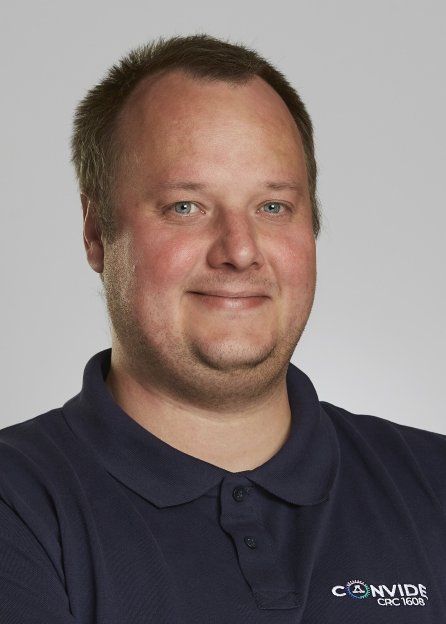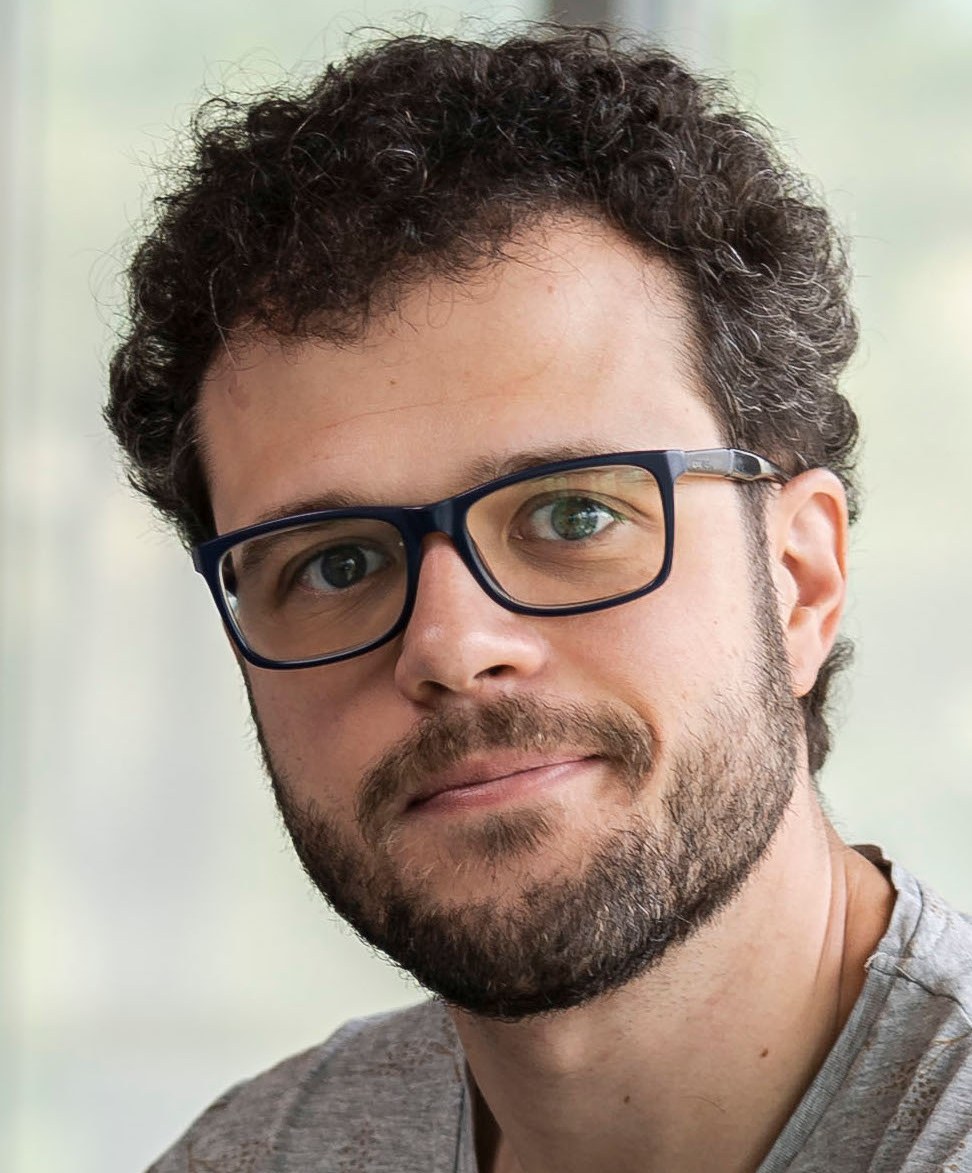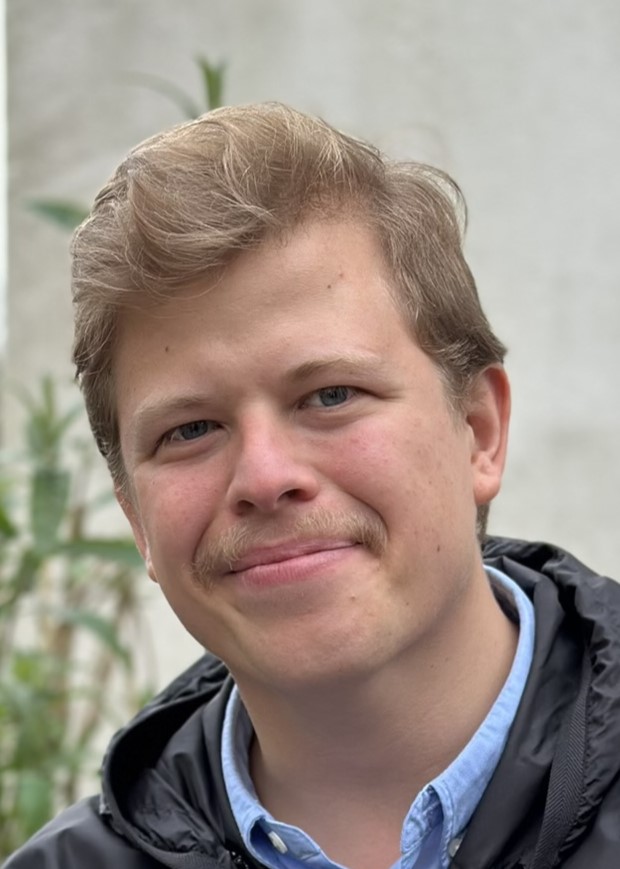
MULTI 2025 - 12th International Workshop
on Multi-Level Modeling
7 October 2025
MODELS 2025, Michigan, USA

MULTI 2025 - 12th International Workshop
on Multi-Level Modeling
7 October 2025
MODELS 2025, Michigan, USA
The MULTI workshop series is the premier venue for researchers and practitioners working on multi-level modeling and multi-level software development. Multi-level modeling represents a new object-oriented paradigm for both conceptual modelling and software engineering. In contrast to conventional two-level approaches, it supports an unbounded number of classification levels and introduces concepts and mechanisms that foster reuse, adaptability, and control. While multi-level languages and tools have reached considerable maturity, the field still offers numerous challenges.
The MULTI workshop series aims at providing a platform for exchanging ideas and promoting further development of multi-level languages, methods, and tools. A particular goal is to encourage the community to, beyond proposing new approaches, analyse different approaches to multi-level modelling and define objective ways to evaluate their respective strengths and weaknesses.
The 12th International Workshop on Multi-Level Modeling (MULTI 2025) will be a single day event to held at the MODELS'25 conference.
MULTI 2025 invites submissions of four different types:
Topics for regular and position papers include, but are not limited to:
All authors must submit their contributions using a PDF file via EasyChair.
Industrial abstract authors need to submit a single-page PDF file containing the title of their contribution, the name and affiliation of authors, and an abstract of the multi-level problem they want to share in the workshop.
Submissions must adhere to the IEEE formatting instructions. LaTeX users should use the 8½ x 11 2-column LaTeX Template. Overleaf users should use the IEEE Overleaf Template. Word users should use the IEEE DOCX template (letter). Challenge papers (see section Challenges) must conform to the requirements in the challenge description.
Accepted papers will be included in the MODELS 2025 companion published by the IEEE. Accepted industrial abstracts will be published on the MULTI 2025 workshop website.
Note that by submitting a paper to a MODELS workshop, authors acknowledge that they are aware of and agree to be bound by the IEEE guidelines on Plagiarism. In particular, papers submitted to MULTI 2025 must not have been published elsewhere and must not be under review or submitted for review elsewhere while under consideration for MULTI 2025.
Paper authors must ensure that all authors obtain an ORCID ID, so you can complete the publishing process for your accepted paper. IEEE and the MODELS conference have recently made a commitment to collect ORCID IDs from all of their published authors.
Multi-level modeling challenges are designed as benchmark modeling scenarios that aim to support objective comparisons between multi-level modeling approaches, allow technologies to demonstrate their abilities, stress-test technologies in order to expose potential weaknesses, and deepen the mutual understanding of approaches.
As part of our efforts to get more industry input for the MULTI workshop, we are inviting all of you to submit challenges to the Call for the Industry Challenge we have created. We are counting on your expertise and creativity to enrich the workshop’s outcomes. Don’t hesitate to reach out if you have any questions or need assistance with your submission.
The "Warehouse" challenge references a domain featuring representations of product copies, product specifications and product specification types. A particular emphasis is on how to guarantee certain properties at the product level without fully determining them, in other words, to support flexible but constrained variability.
The submission requirements for the Warehous Challenge and the domain example to use are available from the MULTI Warehouse Challenge Description. In particular note that submitted solutions must have the subtitle "A contribution to the MULTI Warehouse challenge".
If you would like to receive any kind of clarification regarding the challenge requirements, please contact the challenge authors who will be more than happy to answer any questions.
The Collaborative Comparison challenge aims at improving the mutual understanding of approaches within the multi-level modeling community by encouraging collaborations which are an opportunity to justify and thus clarify the need for existing differences, or, alternatively, lead towards homogenizing multi-level modeling.
Towards this end, the Collaborative Comparison Challenge specifically requires the application of two or more approaches to a prescribed domain example and mandates the discussion of commonalities and differences between the approaches in a joint paper authored by proponents of different multi-level modeling approaches.
Commonalities and differences should be discussed as they manifest themselves in the conceptualization of the domain example but also at a more general level. Respective discussion subjects which authors may choose to elaborate on include, but are not limited to, fundamental concepts such as the nature of levels, cross-level relationships, classification vs generalization, deep characterization, the treatment of attributes and operations, and the use of structural and behavioral constraints.
Discussions should seek to explore justifications for, and/or potential reconciliations of, fundamental differences rather than just documenting realization choices. An optional avenue towards contributing to the clarification of differences is the formalization of foundational concepts, thereby possibly discovering open questions and/or potential for unification.
The submission requirements for the Collaborative Comparison Challenge and the domain example to use are available from the MULTI Comparison Challenge Description [1]. In particular note that submitted solutions must have the subtitle "A contribution to the MULTI Collaborative Comparison challenge".
Solutions to the MULTI Process Challenge [2] are still welcome. Note that submitted solutions must have the subtitle "A contribution to the MULTI Process challenge".
| [1] |
G. Mezei, T. Kühne, V. Carvalho and B. Neumayr, "The MULTI Collaborative Comparison Challenge," 2021 ACM/IEEE International Conference on Model Driven Engineering Languages and Systems Companion (MODELS-C), Fukuoka, Japan, 2021, pp. 495-496, doi: 10.1109/MODELS-C53483.2021.00077. |
| [2] | J. P. A. Almeida, A. Rutle, M. Wimmer and T. Kühne, "The MULTI Process Challenge," 2019 ACM/IEEE 22nd International Conference on Model Driven Engineering Languages and Systems Companion (MODELS-C), Munich, Germany, 2019, pp. 164-167, doi: 10.1109/MODELS-C.2019.00027. |

Karlsruhe Institute of Technology, Germany

Anzen Aerospace Engineering, Spain

University of Duisburg-Essen, Germany
Welcome to the program of MULTI 2025! The workshop will place in room Workshop Room 1. Alternatively, you may virtually participate via Zoom (access the required meeting passcode via the Whova app). You can find a satellite events schedule at the MODELS 2025 site. The time slots for paper presentations include at least around 10 minutes for discussion.
Session 1 (Keynote)
|
|
| 08:30 | Welcome and introduction |
| 08:45 | Keynote: Multi-Level Modeling for Systems Engineering [slides] Ed Seidewitz |
| 09:45 | Discussion |
| 10:00 | Coffe break |
Session 2 (Foundations of Multi-Level Modeling)
|
|
| 10:30 | Deep Specialization - Integrating Powertypes into Deep Modeling [slides] Thomas Kühne and Arne Lange |
| 11:00 | Pragmatics in Multi-Level Modeling [slides] Mira Balaban, Arnon Sturm and Azzam Maraee |
| 11:30 | Discussion |
| 12:00 | Lunch break |
Session 3 (Multi-Level Modeling in Practice: Systems Design, Agility, and Teaching)
|
|
| 13:30 | From the Lowlands of UML to the Highlands of MLM: An Evolutionary, Tool-Supported Multi-Level Method
for Teaching Multi-Level Modeling [slides] Ulrich Frank and Pierre Maier |
| 14:00 | Consistent Modeling of Agility: Applications of Flexible Multi-Level Modeling [slides] Razieh Dehghani and Anne Koziolek |
| 14:30 | Bridging Requirements and Configurations: A Multi-Level Approach to System Design [slides] Sándor Bácsi and Gergely Mezei |
| 15:00 | Coffe break |
Session 4 (Opportunities ahead of Multi-level modeling)
|
|
| 15:30 | Panel discussion [slides] |
| 16:45 | Closing |
 |
Ed Seidewitz is Chief Technology Officer at Model Driven Solutions, Inc., a long-time provider of enterprise and systems architecture services using model-based methods. Mr. Seidewitz has extensive background in state-of-the-art information system technologies and leading expertise in the Unified Modeling Language (UML) and subsequent standards for executable UML with precise semantics. He is also experienced in agile system architecture and development in both the commercial and government sectors. He has 40 years of professional experience with the modeling, architecture and development of systems spanning diverse domains including aerospace, finance, acquisition and health care. He was submission-team co-leader and chief language architect for version 2 of the Systems Modeling Language (SysML v2). He currently co-chairs the OMG Systems Modeling Community and the Kernel Modeling Language (KerML) and SysML v2 Revision Task Forces. |